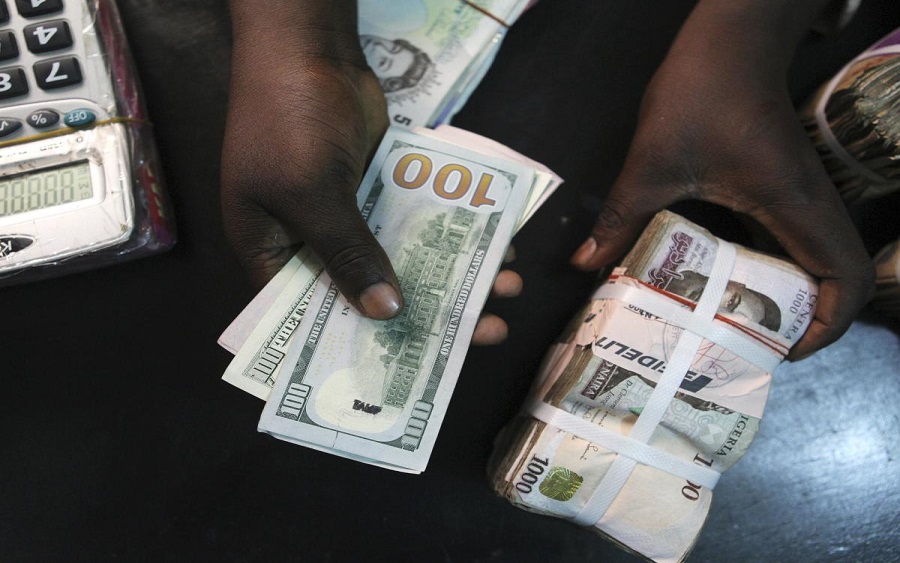Central Bank of Nigeria (CBN) has reported a significant increase in loan defaults among large Private Non-Financial Corporations (PNFCs) and Other Financial Corporations (OFCs) in the first quarter of 2025.
Gatekeepers News reports that large firms and OFCs, according to the CBN’s Credit Conditions Survey Report, experienced a deterioration in loan repayments, posting negative default index scores of -0.6.
This marks a reversal from the improved performance these sectors showed in the last two quarters of 2024. In contrast, smaller businesses demonstrated more resilience, with Small and Medium-sized Enterprises (SMEs) posting better default scores. Small businesses recorded a positive default index of 0.5, while medium-sized firms scored 3.0, indicating average better loan performance.
Household loans continued their positive trajectory, with secured and unsecured personal loans experiencing lower default rates. The default indices for secured and unsecured loans were 3.9 and 5.0, respectively, reflecting sustained borrower discipline and improved credit conditions for consumers.
The CBN survey revealed increased credit demand, particularly for corporate and secured lending. However, lenders tightened credit scoring criteria, and loan approvals rose for secured and corporate lending but fell for unsecured lending. The demand for corporate loans was driven by inventory finance needs.
Lenders reported wider loan spreads over the Monetary Policy Rate (MPR) across most categories, indicating tighter risk pricing. However, OFCs recorded a narrowing of spreads, possibly due to anticipated improved liquidity or government intervention.
The CBN noted that the report’s findings are a useful barometer for credit sentiment and risk assessment in Nigeria’s financial system.
The renewed decline in loan performance among large firms and OFCs may impact overall banking sector confidence, potentially leading to increased provisioning, tighter credit policies, or more cautious lending for large-ticket loans.












